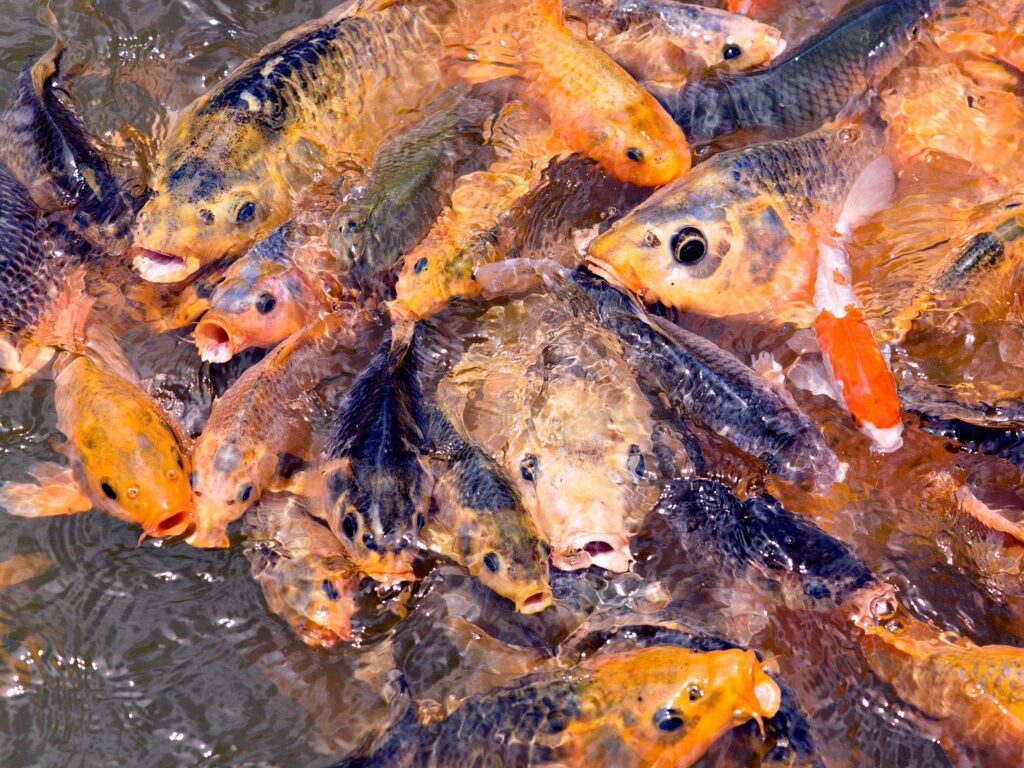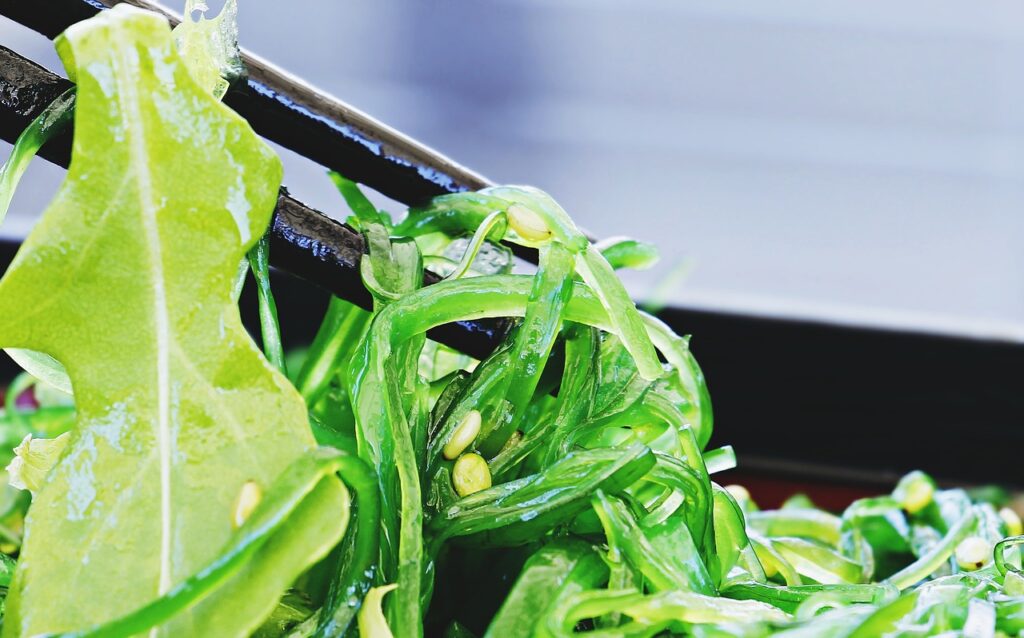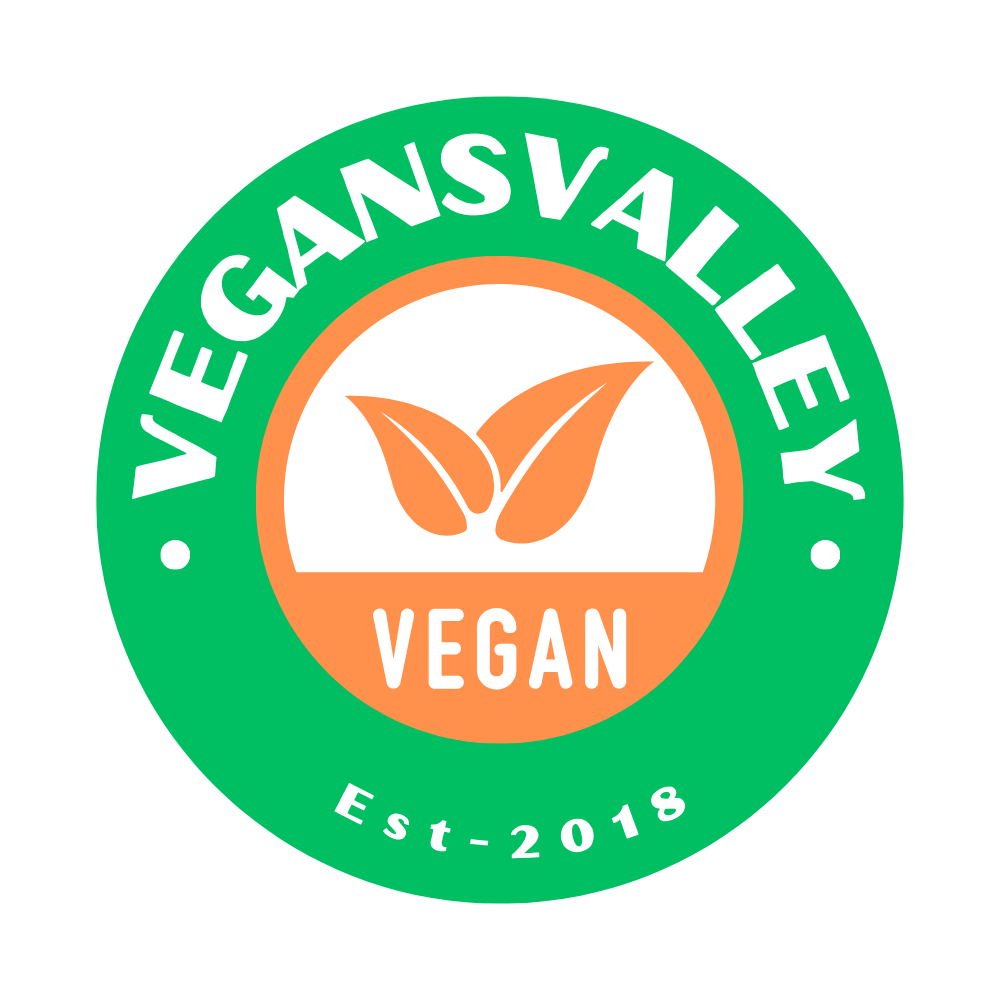Is Fish Vegan? What Are The Best Alternatives & Ethical Concerns
The rise of plant-based diets has sparked countless questions about what fits into the vegan lifestyle. One of the most debated topics is: is fish vegan? While it might seem straightforward to seasoned vegans, many beginners and curious eaters find the topic confusing. After all, fish are not mammals, and some dietary approaches, like pescatarianism, permit their consumption. But does that make them vegan? Spoiler alert: it doesn’t. This article dives into what veganism entails, why fish aren’t vegan, and how to navigate the sometimes murky waters of ethical eating.

What Does Being Vegan Mean?
To determine whether fish is vegan, it’s essential to understand what veganism truly means. The Vegan Society defines veganism as a lifestyle that seeks to exclude—as far as possible and practicable—all forms of exploitation of, and cruelty to, animals for food, clothing, or any other purpose.
In dietary terms, vegans do not consume meat, dairy, eggs, honey, or any animal-derived ingredients. The philosophy extends beyond food to include avoiding products like leather, wool, and cosmetics tested on animals. This ethical commitment is rooted in the belief that animals, regardless of species, have a right to live free from human exploitation.
Why Fish Are Not Vegan
Fish are animals. While they might not have fur or walk on land, they possess nervous systems capable of processing pain and stress. Scientific studies show that fish can feel pain and exhibit behaviors indicating fear and distress. Consuming fish goes against the core vegan principle of avoiding harm to animals.
Moreover, fishing practices—whether commercial or recreational—often harm marine ecosystems. Here are some key reasons why vegans avoid fish:
- Ethical Concerns: Fish are sentient beings with the capacity to suffer. Eating fish directly contradicts the vegan ethos of compassion and non-exploitation.
- Environmental Impact: Overfishing depletes marine populations and disrupts aquatic ecosystems. Practices like trawling destroy coral reefs and harm other marine species.
- Bycatch Issues: Fishing methods often result in bycatch, where non-target species like dolphins, turtles, and seabirds are unintentionally caught and killed.

Common Misunderstandings About Fish and Veganism
Despite the clear definition of veganism, some confusion persists around fish consumption. Let’s clear up some common misconceptions:
- “Fish Isn’t Meat.” This belief stems from cultural or religious traditions that categorize fish separately from “red meat.” However, biologically speaking, fish are animals, making their flesh a form of meat.
- “Vegans Can Eat Fish Because It’s Healthy.” While fish is a source of omega-3 fatty acids and protein, these nutrients are available in plant-based foods like flaxseeds, chia seeds, walnuts, and algae-based supplements.
- “Pescatarians Are Vegans Who Eat Fish.” Pescatarians may avoid other meats but still consume fish. This diet is not vegan, as it involves animal consumption.
Plant-Based Alternatives to Fish
For those transitioning to a vegan lifestyle, the craving for fish flavors or textures might linger. Luckily, there are plant-based options that mimic the taste and consistency of fish:
- Vegan Fish Fillets: Brands like Gardein and Good Catch offer plant-based fish fillets made from soy, pea protein, and algae oil.
- Seaweed and Algae: These ocean-derived plants deliver the “sea” flavor many associate with fish. Nori sheets, kelp, and dulse are popular choices.
- Hearts of Palm and Jackfruit: With their flaky textures, hearts of palm and jackfruit are excellent substitutes for fish in recipes like vegan crab cakes and “fish” tacos.
- Homemade Recipes: Marinate tofu or tempeh in seaweed-based seasonings to create a fish-like flavor for dishes like vegan sushi or fishless fish sticks.

FAQs About Fish and Veganism
Can vegans eat shellfish like shrimp or lobster?
No. Shellfish are animals and thus not suitable for a vegan diet. Like fish, they are sentient beings capable of experiencing pain.
Why do some people think fish is vegan?
Misconceptions often arise from a lack of understanding about veganism or cultural practices that view fish as separate from “real” meat.
Are there health risks to cutting fish out of your diet?
Not necessarily. While fish provides nutrients like omega-3s and vitamin B12, these can be sourced from fortified foods, supplements, and plant-based options like algae oil.
Is fishing sustainable?
Most fishing practices are not sustainable. Overfishing and bycatch harm marine ecosystems, and fish farming (aquaculture) often involves environmental pollution and poor animal welfare.
Can you call yourself vegan if you eat fish occasionally?
No. Veganism is defined by the avoidance of all animal products, including fish. Eating fish even occasionally disqualifies a person from being vegan.
Conclusion
So, is fish vegan? The clear answer is no. Veganism is about more than diet; it’s a philosophy centered on compassion, sustainability, and respect for all living beings. Fish are sentient animals, and their consumption contradicts these principles. Thankfully, with a growing array of plant-based alternatives, it’s easier than ever to enjoy ocean-inspired flavors without harming marine life. By choosing vegan options, you contribute to a kinder, healthier, and more sustainable world.
